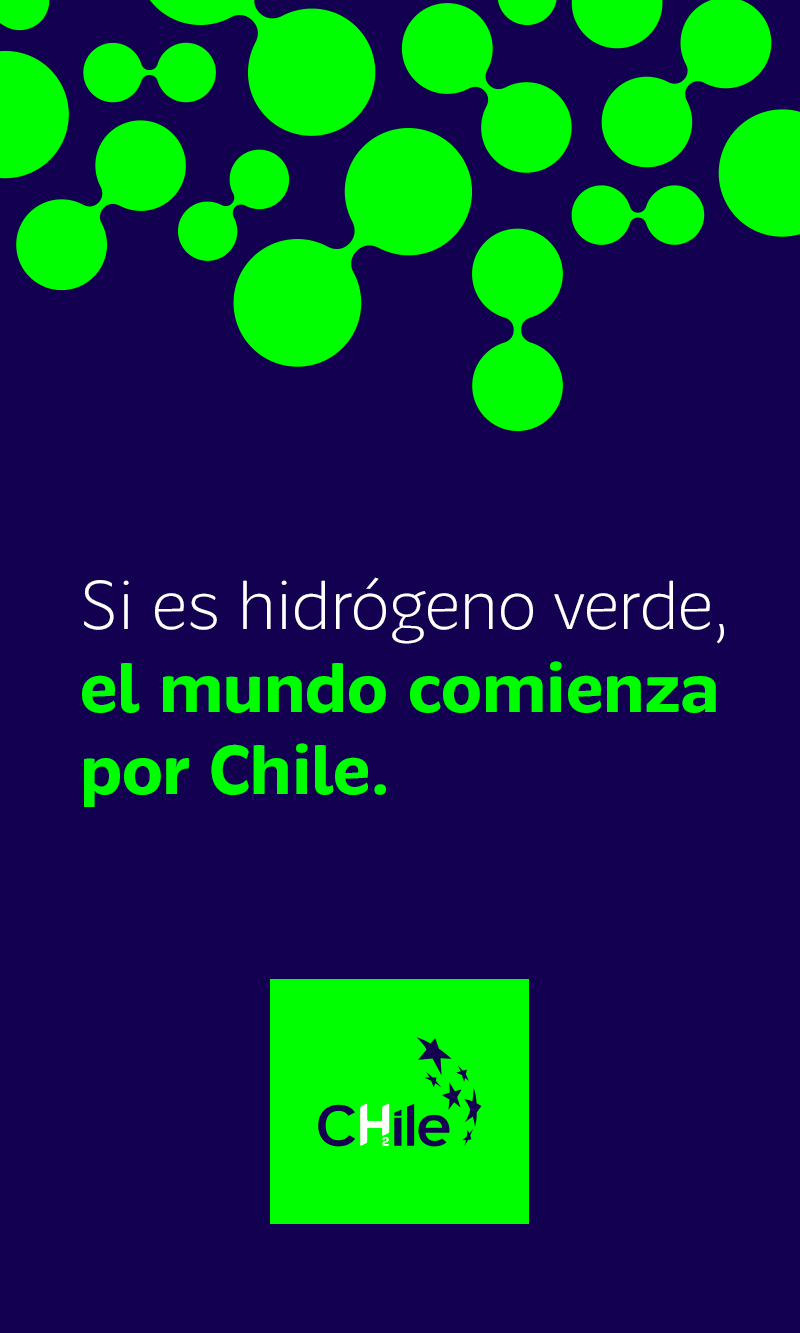Sofía Guridi, Crédito imagen: Vertti Virajoki
Chile arrives as the winner of the gold medal at the previous version of the London Design Biennale, whose fourth version will be held from June 1 at central London’s Somerset House. From our country, the installation “Borrowed Matter / Materia Prestada” has been created by Sofía Guridi, designer and researcher, together with cultural manager and curator Juan Pablo Vergara.
This year, one of the most important biennales in the world brings design together under the slogan “The Global Game: Remapping Collaboration”. The idea is that the pavilions and installations that participate this year propose new forms of collaboration between disciplines, visions and materials to address our current reality; that countries and regions shape and visualize new forms of international cooperation and participation in joint activities and manifestations.
As a result of this call and theme, the idea of the Chilean pavilion was born. Entitled “Borrowed Matter / Materia Prestada”, the pavilion expresses collaboration through materiality, connecting Chile, a place of wood pulp manufacturing; Finland, a country where biomaterial research is carried out; and London, the city where the pieces will be exhibited.
From Chile, its creators Sofía Guridi, a designer specializing in smart textiles and a researcher at the Aalto University Bioinnovation Center in Finland, together with the cultural manager and curator Juan Pablo Vergara, were selected by the jury of the London Design Biennale to represent Chile.
“We are very happy to be part of this new version of the Biennale, with a sensory and organic Chilean pavilion that surprises us by transforming materiality. However, above all, it shows us, through design, research and creativity, that a global environmental problem can be responded to with the secondary use of a material that, until now, has been considered waste,” said Cultures and Arts Undersecretary Andrea Gutiérrez.

Crédito imagen: Diana Becares
The Chilean exhibition consists of a living space where visitors can interact with seven hand-woven textile pieces that combine natural fibers and dyes, a new biomaterial format. One of them – the central piece – will be partially submerged in water, and will biodegrade as the days pass, alluding to the transformation of matter. Visitors will not only be able to touch them but also listen to them, as new sounds will be revealed thanks to touch sensors created using conductive wires. An exhibition that mixes touch, color, texture, sound and new experiences for visitors: an interactive multisensory installation.
“We are extremely proud to be part of the London Design Biennale 2023 with the artistic project ‘Borrowed Matter / Materia Prestada’, since it reflects our country’s commitment to building a more sustainable and resilient society,” said the Chilean Ambassador to the United Kingdom, Susana Herrera.
This innovative installation consists of bio-textile pieces made using a biodegradable by-product of wood pulp combined with natural fibers. These pieces, woven on a loom, propose new uses for a raw material derived from wood. This year, the invitation is to reflect on the timber industry and its extractivist practices, proposing new uses for wood pulp. This pavilion explores the aesthetic and functional properties of wood pulp, the most abundant biocompatible, biodegradable and renewable biopolymer in the world.
“Being here at the London Design Biennale 2023 is a great opportunity to make Chilean design visible around the world. This year’s topic calls for rethinking international collaboration, and the selected project is a reflection of the fact that a discipline is capable of generating discussion, innovating and promoting new proposals for sustainability,” said Ignacio Fernández, CEO of ProChile.
Sofía Guridi, who lives in Finland, is part of the team at the Aalto University Bioinnovation Center in Finland. From there, she designed the canvases using carboxymethyl cellulose, integrating this new biomaterial format with traditional loom techniques. These supports will make us think and debate, demonstrating “the capacity of design to contribute to thinking about materials according to their potential and complexity, inspired by the transformation and degradation of matter,” said Guridi. Hand-woven textiles were chosen for being an identity element of great importance to local material culture.
Juan Pablo Vergara commented that “we want to enclose the public in a calm space, where they connect and feel the importance of slow and conscious design processes using textiles.”
Carol Muñoz Oliva, director of the Cultures, Arts, Heritage and Public Diplomacy Division (DIRAC), commented, “it is one of the most important international spaces for design. On this occasion, we will be part of an urgent reflection on the use of raw materials and textile techniques that will bring ‘Borrowed Matter / Materia Prestada’ to life. At DIRAC, we support this initiative to rethink materiality, intervene and transform it, in order to contribute to the development of more sustainable societies.”
In the previous version of the London Design Biennale 2021, the jury awarded the Chile Pavilion – “Tectonic Resonances” – the gold medal for being the contest’s most outstanding contribution out of the 29 pavilions from different countries. Within the context of Chile’s latest participation, Rossana Dresdner, executive director of Fundación Imagen de Chile, stated, “these international stages are an opportunity to show the world what we are, what we offer and how we are doing things. Cultural events are not just a showcase for the area of culture, but a way to project our identity which, in the case of Chile, is deeply diverse.”
“Chile is now assuming the challenge of sustainability in a serious, transversal way with an eye to the future, as we will demonstrate in this new version of the Design Biennale,” Dresdner added.
Chile’s presence at the Biennale has been organized by the Cultures, Arts and Heritage Ministry, alongside the Foreign Affairs Ministry’s Cultures, Arts, Heritage and Public Diplomacy Division (DIRAC) and ProChile. It also has the collaboration of the Chilean Embassy in the United Kingdom, the Pontificia Universidad Católica de Chile’s School of Design, the Anglo Chilean Society and Aalto University Bioinnovation Center in Finland.





